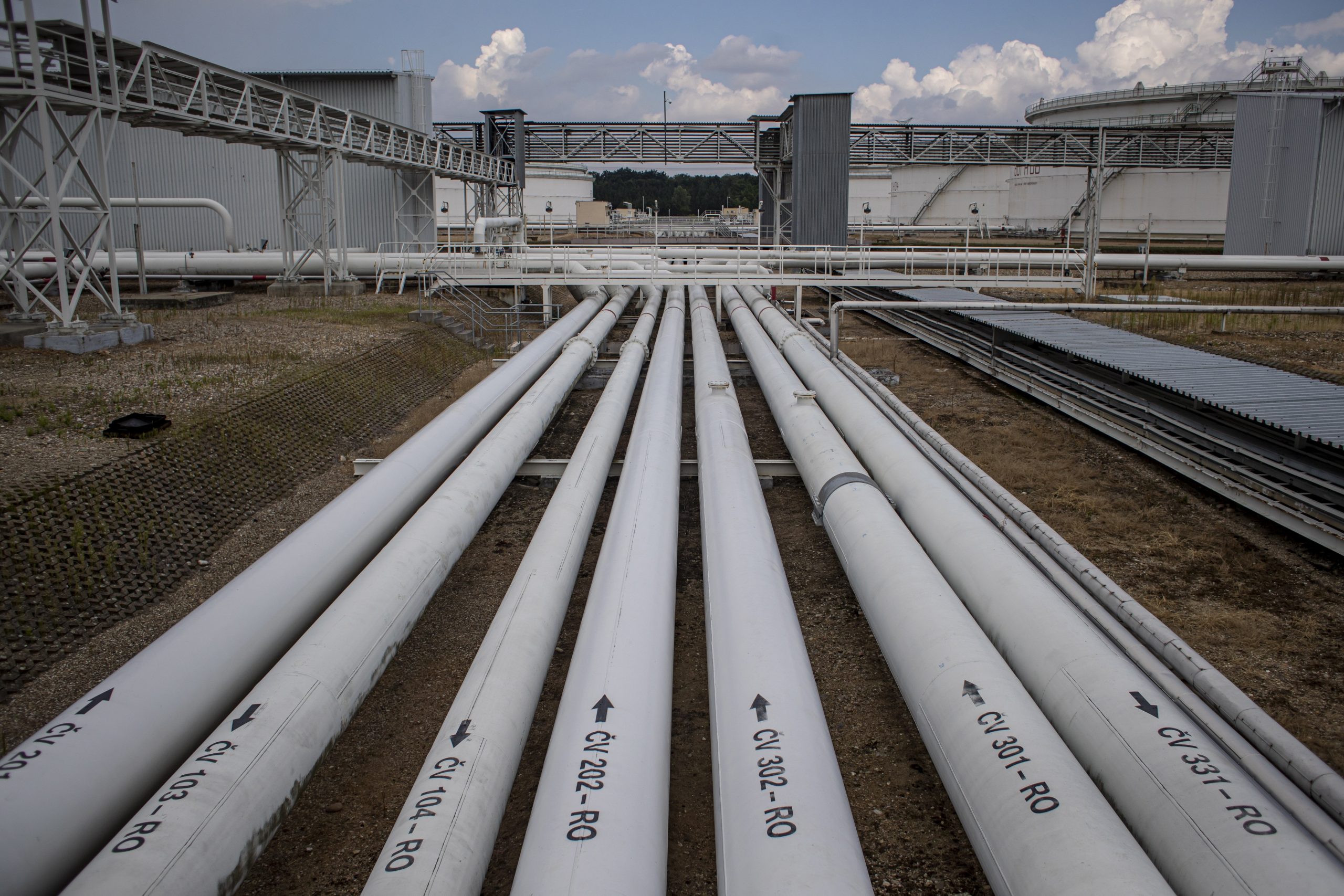
On an annual basis, transit costs have risen by 51 percent. Continue reading

Hungary appears to have been granted an exemption from the EU’s planned oil price cap, which is essential to guaranteeing the security of supply. However, several “dangerous” proposals are still on the table, Hungarian Foreign Minister Péter Szijjártó said in Brussels on Thursday.
The minister said at a press conference following an extraordinary meeting of EU energy ministers, that the proposal in its current form would not apply to either pipeline or maritime transport if it becomes necessary. This is due to the inability to transport by pipeline, which is important because of the disruption of transit in Ukraine.
Szijjártó then referred to other proposals from the European Commission, which he said would also jeopardize the continent’s energy security.
On the gas solidarity measures to be adopted, he said that they were another “power grab” by Brussels to erode member states’ energy sovereignty.
He added that agreement on the issue had been blocked due to opposition from a significant number of participants.
The minister welcomed the fact that thanks to Hungary’s work, voluntary agreement had been reached on the common gas procurement mechanism, so that we do not have to get trapped in platforms that are “not to our advantage.”
However, he highlighted two further elements of the proposal. Firstly, it would require Member States to inform the European Commission six weeks in advance if they want to negotiate gas supplies, while in the current crisis situation, decisions need to be made quickly. The other objectionable element is that in an emergency, Member States would have to hand over part of their gas stocks to certain countries facing difficulties if they have enough gas in storage, he added.
Imagine a situation in which the natural gas that we buy and put into storage for the use of the Hungarian people and the Hungarian economy, bought with the Hungarian people’s money, is not used by the Hungarian people and companies (…) but has to be given to another country,”
he said.
Szijjártó said that negotiations had also started on the gas cap, but a decision has not yet been made. At the same time, he called the proposal dangerous, unnecessary, and inappropriate, saying that it “could lead to the withholding or diversion of supplies to Europe or other regions in certain price environments.”
Finally, he said that the solution to the energy crisis would be to increase the amount of gas on the market, without excluding any supplier, but involving new sources and transit routes.
Featured photo via MTI/Sóki Tamás